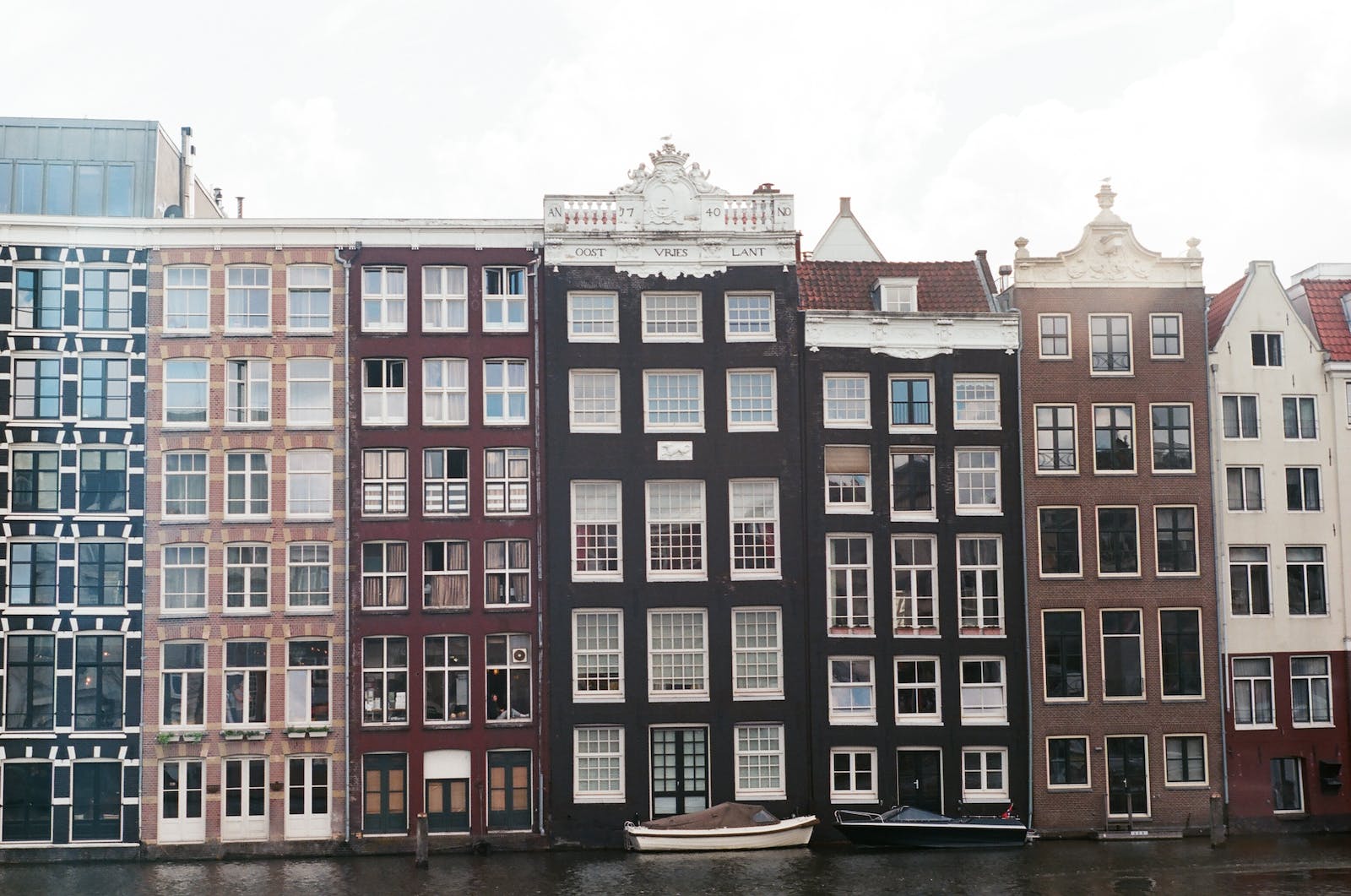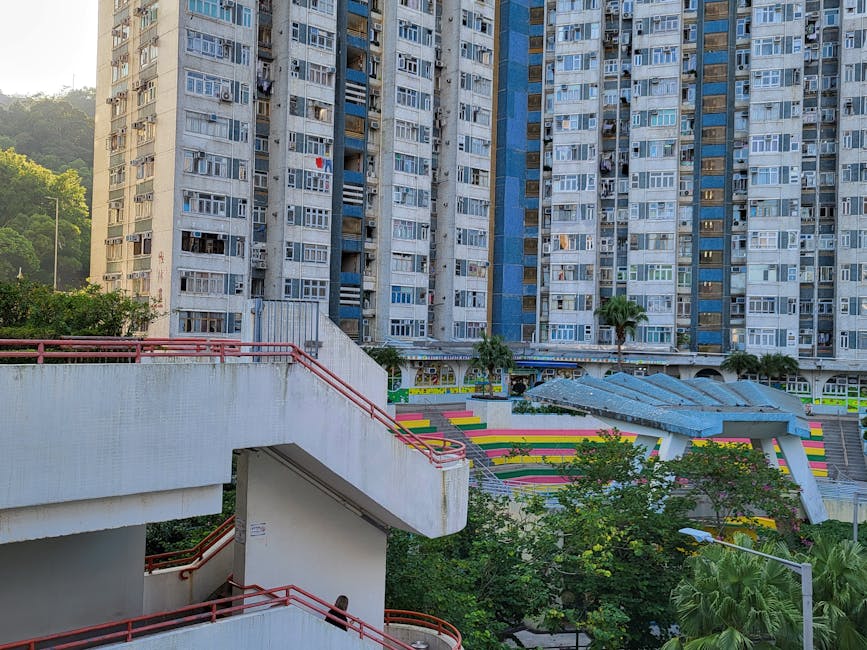The Pros and Cons of Living in the Netherlands
Exploring the Upsides and Downsides of Dutch Living
The Netherlands, with its picturesque windmills, tulip fields, and historic cities, is a sought-after destination for many expats and international students. The country has a high quality of life, excellent healthcare, a strong economy, and a well-connected transport system. However, like any other place, living in the Netherlands has its drawbacks too. In this article, we'll delve into the advantages and disadvantages of living in the Netherlands to help you decide whether it's the right fit for you.
From the vibrant cultural scene to the unique work-life balance, the Netherlands offers plenty of perks for residents. At the same time, the high population density and the notoriously unpredictable weather can pose challenges. Whether you're considering a move to Amsterdam, Rotterdam, Utrecht, or any other Dutch city, understanding the pros and cons can give you a clearer picture of what to expect.
Pros
Considering a new life in the Netherlands? Here are some advantages you might want to consider:
Thriving Economy
The Netherlands boasts a strong and diverse economy, with a strategic location in Europe making it an attractive hub for international trade and investment. The robust economy provides ample job opportunities and a high standard of living for residents.
Quality Healthcare
The Dutch healthcare system consistently ranks among the best in the world, offering accessible and high-quality medical care for all residents. With mandatory basic health insurance and a focus on prevention, expats benefit from comprehensive healthcare services.
Bike-Friendly Culture
Embracing a cycling lifestyle is easy in the Netherlands, known for its extensive network of bike paths and bike-friendly urban planning. Cycling is not only a convenient and cost-effective mode of transport but also contributes to a healthy and sustainable lifestyle.
Diverse Cultural Scene
The Netherlands is celebrated for its rich cultural heritage and vibrant arts scene. From world-class museums and music festivals to contemporary art galleries and cultural events, residents have access to a wide range of cultural experiences and entertainment options.
Work-Life Balance
The Dutch prioritize a healthy work-life balance, with a standard 36-40 hour workweek and generous vacation time. This emphasis on leisure time and family life creates a supportive environment for individuals looking to maintain a fulfilling personal and professional life.
Progressive Social Policies
The Netherlands is known for its forward-thinking social policies, including gender equality, LGBTQ+ rights, and sustainable initiatives. The inclusive and diverse society fosters a sense of acceptance and tolerance, making it an ideal place for people from all walks of life.
Education System
The Dutch education system is renowned for its high quality and innovative approach to learning. From primary to tertiary education, international students and families benefit from internationally recognized schools, universities, and an emphasis on multilingual education.
Strong Infrastructure
The Netherlands boasts a well-developed infrastructure, including efficient public transportation, modern roads, and advanced telecommunication networks. This allows for easy and convenient travel within the country and contributes to a high quality of life for residents.
Cycling Infrastructure
The country's extensive and well-maintained cycling infrastructure not only promotes a healthy and environmentally-friendly mode of transportation but also contributes to a sense of community and connectedness among the residents. Cycling paths, dedicated lanes, and secure bike parking facilities are widespread, making it convenient for people to embrace a cycling culture.
Missing a pro?
Let us know which pro you are missing!
Cons
While the Netherlands offers numerous advantages, there are several challenges that prospective residents should be aware of:
Weather Variability
The Dutch weather is characterized by its changeable nature, with frequent rainfall, windy conditions, and relatively mild temperatures. For individuals accustomed to sunnier climates, the unpredictable weather in the Netherlands can be a significant adjustment.
High Population Density
As one of the most densely populated countries in Europe, the Netherlands experiences urban congestion and limited space in densely populated areas. This can lead to competition for housing, crowded public spaces, and potential challenges in finding suitable accommodation.
Language Barrier
While many Dutch residents are fluent in English, language barriers can still present obstacles in certain professional environments and social interactions. Learning Dutch may be necessary for integration and building deeper connections within the local community.
Cultural Adjustment
Adapting to Dutch customs and social norms, particularly for expats from more hierarchical or reserved cultures, can require time and understanding. Navigating the direct communication style and individualistic attitudes may pose cultural adjustment challenges for some newcomers.
Bureaucratic Processes
Dealing with administrative procedures, residency permits, and tax regulations in the Netherlands can be complex and time-consuming for expats. Navigating the bureaucratic processes may require patience and a thorough understanding of Dutch administrative guidelines.
Cost of Living
While the Netherlands offers a high quality of life, the cost of living, particularly in major cities, can be relatively high. Housing expenses, daily necessities, and leisure activities may require budget adjustments and conscious financial planning for expatriates.
Integration Challenges
Building a strong social network and integrating into Dutch society may pose challenges for some expats, particularly in terms of developing close friendships and feeling fully acclimated to the local community. Overcoming social barriers and establishing meaningful connections take time and effort.
Housing Shortage
One of the challenges of living in the Netherlands is the ongoing housing shortage, particularly in the major cities. This shortage has led to increased competition for housing, higher rental or purchase prices, and limited availability, especially for expatriates and international students.
Strict Immigration Policies
The Netherlands has a reputation for having strict immigration policies and procedures, which may pose challenges for individuals seeking to relocate or gain long-term residency. Navigating through the complex immigration processes and meeting the stringent requirements can be daunting for newcomers.
Missing a con?
Let us know which con you are missing!
Conclusion
Living in the Netherlands presents a blend of rewarding opportunities and potential challenges, making it essential for individuals to carefully weigh their priorities and consider their adaptability to a new cultural and social environment. By understanding the pros and cons of living in the Netherlands, prospective residents can make informed decisions and embrace the experience with openness and preparedness.
What do you think?
Do you think the pros outweigh the cons?







